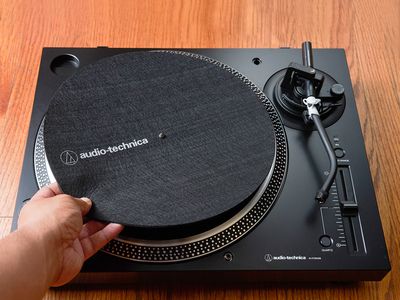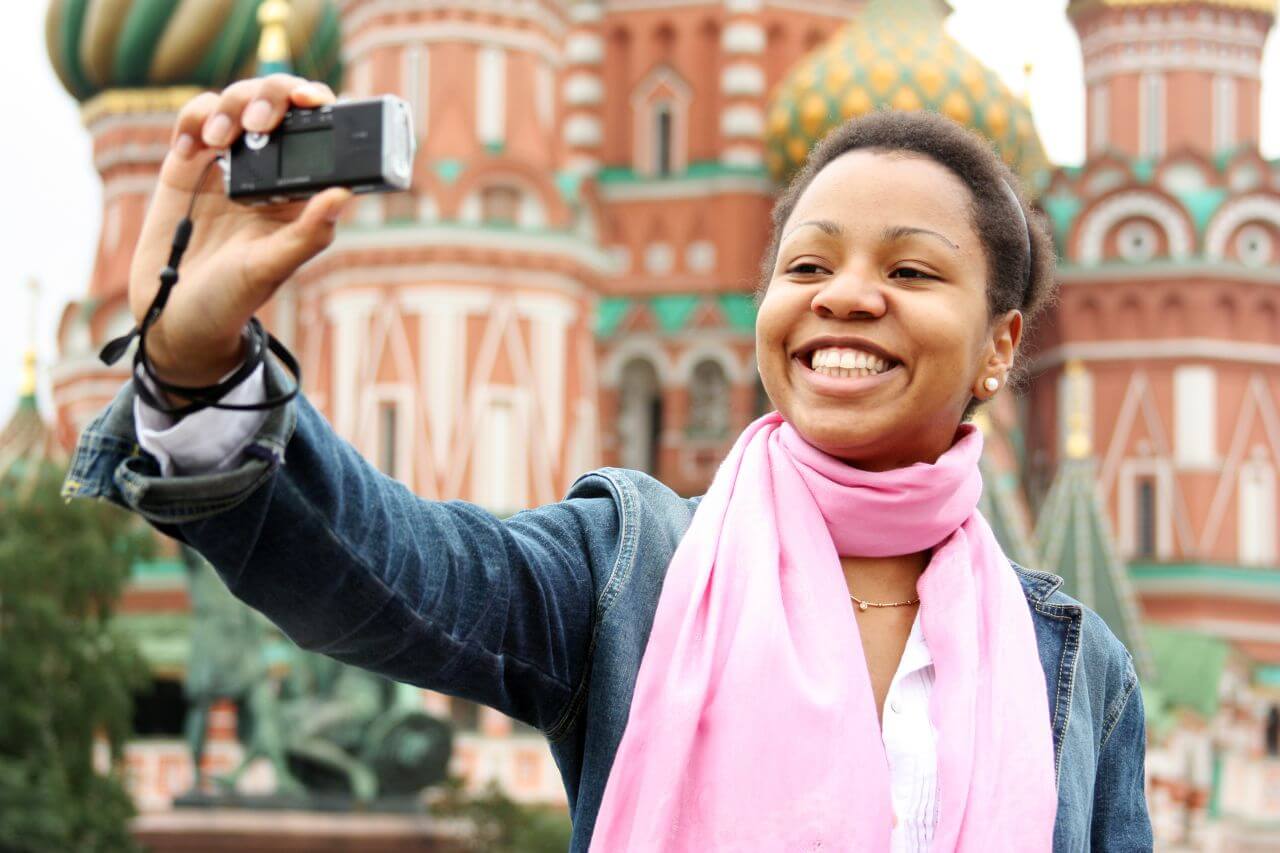
Cultural Insights: Basic Social Interactions for South American Travelers

Cultural Insights: Basic Social Interactions for South American Travelers
Russian greetings are a vital aspect of the Russians’ rich history, culture, and traditions. Everywhere from the majestic lands of Siberia to the bustling streets of Moscow, people deeply value manners. This profound reverence for courtesy is most evident when exploring the world ofRussian greetings. Keep reading to understand why.
Here, just as everywhere else, greetings set the tone for interactions. A mere gesture of using the local Russian language can elevate a simple interaction to a heartfelt connection. Even without mastering the entire language, familiarizing yourself with basic Russian phrases such as “hello”, “good morning”, “please”, “thank you”, or simply “yes” can create welcoming moments and forge bonds.
In this guide, we will delve into both common and unique Russian greetings. So if you’ve ever wondered how togreet in Russian and witness its transformative power, you’re in the right place. Welcome to the heart of Russia, one greeting at a time.
1. Most common Russian greetings
Whether you’re planning an expedition, immersing in classic Russian literature, meeting with Russian-speaking friends, or even looking to impress with your language skills, usingRussian greetings will surely be appreciated. Here are some of the most common ways to say “hello” in Russian:
Здравствуйте (Zdravstvuyte): Hello in Russian
здравствуйте is the most common Russian greeting. Being slightly formal, yet friendly makes it perfect for greeting people in a professional setting or people you don’t know. Besides, you can also use it to address a group of people as the verb form is meant for formal settings or addressing multiple people.
Rooted in the phrase “to be healthy and well”, it’s not just a greeting, but a wish for good health.
Привет (Privyet): Hi in Russian
Привет is the most popular informal Russian greeting. It’s what you would use with your friends – the same way we use “hi” in English. Short, sweet and easy to say!
If we’re being honest,здравствуйте and Привет are everything you need when it comes to Russian greetings. If you don’t want to overcrowd your mind, you can stop right here and come back later when you’re ready for more. If you want the full picture of Russian greetings now, let’s continue to discover how Russians say hello to each other.
2. Time-specific Russian greetings
Advanced Russian greetings knowledge means you’re ready to greet people depending on the time of day. Like this:
- Доброе утро_(Dobroye utro)_ : Good morning
- Добрый день_(Dobryy den)_ : Good afternoon
- Добрый вечер_(Dobryy vecher)_ : Good evening
- спокойной ночи_(Spokoynoy nochi)_ : Good night
Good job, you!
These phrases are universal and can be used in both formal and informal situations.
![]()
Learn Russian today
Build practical Russian skills for real life with Mondly.
3. Additional Russian greetings Russians use
Now onto less popular greetings. Or let’s call them “specialized”. Sounds better, right? These are the kind of “bonus” Russian greetings you use once you feel more comfortable with the language. Because – let’s be honest: not all words are equally important. You have to focus on the most frequently used ones first.
- Здравствуй (Zdrastvui): This is an informal variation of Здравствуйте (Zdravstvuyte) (which was the first Russian greeting we presented in this article). It’s best if you use it to address only one person at a time.
- здрасьте (Zdras’te): Another colloquial and shorter version for Здравствуйте (Zdravstvuyte). It’s what you’d use if you want to sound friendly in an interaction with someone of the same age who you don’t know – the cashier at the store for instance.
- Приветик (Privetik): This is a very informal and sweet way to say “hi” in Russian. Reserved mostly for female speakers, Приветик (Privetik) is basically the diminutive form of Привет (Privyet).
- Здорово (Zdorovo): If the previous greeting is reserved for female speakers, this one is more suitable for male speakers. It’s similar to saying “great” or “cool” but can be used as “hi”, “hey” or even “yo” among young friends.
- Приветствую (Privetstvuyu): This is a Russian word that means “I greet” or “I welcome”. Being more formal makes it perfect for official settings. For instance, you can use it when interacting with business associates or when the degree of formality is unclear. This greeting works for both formal and informal situations, setting it apart from all the other greetings we listed here.

4. Russian farewells
Goodbyes are just as important as greetings. When you’re taking your leave, you can bid adieu withДо свидания (Do svidaniya) in Russian, which means “until we see each other again”. Some of the most common Russian farewells include:
- До свидания (Do svidaniya) – Goodbye: This is applicable to any scenario, either formal or informal. It’s the Здравствуйте (Zdravstvuyte) of Russian goodbyes.
- Пока (Poka) – Bye: This is the equivalent of Привет (Privyet) for goodbyes, so it’s the perfect choice for informal settings and saying a friendly “bye” to your friends or peers.
- До встречи (Do vstrechi) – See you soon: This is a bit more formal than Пока (Poka) and technically very similar to До свидания (Do svidaniya). The only difference is that it implies that you actually intend to meet later with the person you’re addressing it to.
- Увидимся (Uvidimsya) – See you: It’s relatively informal and akin to the English “see you later”. You can tell your friends Увидимся (Uvidimsya) if you expect to meet them again in the near future.
- До скорого (Do skorogo) – See you soon: It’s a warm farewell, yet rather polite. In practice, it aligns more with “see you” than “see you soon”.
5. Helpful phrases for greetings
Now that you said “hello” in Russian, how will the conversation continue? It’s true that locals, including babushkas (grandmothers), will still shower you with hospitality regardless if you speak Russian or not. However, the following basic phrases will further help you to converse in Russian.
- Как дела (Kak dela) – How are you: This is often used as a greeting in itself. Not just in Russian or English, but in many languages across the globe.
- Как вы поживаете (Kak vy pozhivayete) – How are you doing: This is the formal version of Как дела (Kak dela) and is best used in formal settings or when addressing multiple people at once.
- Как ты поживаешь (Kak ty pozhivayesh) – How are you doing: Very similar to the previous one, but rather informal, as it’s best used to address your friends or people you know very well.
- Давно не виделись (Davno ne videlis’) – Long time no see: This is a great phrase to be used when reuniting with friends.
- Рад тебя видеть (Rad tebya videt’) – Nice to see you: Perfect as a follow-up to the greetings you just learned, right?
- Как тебя зовут (Kak tebya zovut) – What is your name: A very useful phrase for first-time encounters.
- Рада познакомиться (Radа poznakomitsya) – Nice to meet you: Greeting someone for the first time? This is what you should say next.
- Пожалуйста (Pozhaluysta) – Please
- Спасибо (Spasibo) – Thank you: Manners matter in every language, so it’s good to add “thank you” in Russian to your repertoire of Russian words .
- Прошу прощения (Proshu proshcheniya) – I’m sorry
- Не за что (Ne za chto) – You’re welcome
- Извините (Izvinite) – Excuse me
- Без проблем (Bez problem) – No problem

Found this interesting? You might want to learn about the Russian alphabet and the Russian numbers too.
Cultural insights on Russian greetings
It’s one thing to know how to greet someone in Russian and it’s another to greet them the Russian way. Here’s what you should keep in mind if you’re meeting with Russian-speaking friends:
- Cheek-kissing: In many parts of Russia, it’s common to greet close friends and relatives (especially women) with a trio of kisses on alternating cheeks. This might surprise foreigners, but it’s a warm and welcoming gesture.
- Handshakes: Handshakes are also common, especially among men. When doing so, make sure you make direct eye contact as it reflects respect.
- Using patronymics: If you know someone’s first name and patronymic (a middle name derived from the father’s first name), it’s polite to use both. For example, if you’re addressing a woman named Maria whose father’s name is Ivan, you’d call her Maria Ivanovna. For men, the ending is usually “ovich” or “evich” – so Ivanovich in this case.
- Genders: Russian is a gendered language, so adjectives (including those in greetings) will change depending on the gender of the person you’re talking to.
Whether you are traveling to Russia or engaging in business there, a firm grasp of Russian greetings will always serve you well. As the saying goes, “The first hello can lead to a million things”. So, why not start that journey with a genuine Russian greeting?
If you feel like you need more information on Russian greetings, here are some frequently asked questions. Maybe you’ll find your answer here.
How can I learn to pronounce Russian words correctly?
Use transliteration. It can be tricky to get the hang of Russian words using the Cyrillic alphabet, so resources that use transliteration will always come in handy.
How do Russians say “hello” and “goodbye”?
Здравствуйте (Zdravstvuyte) is generally used for slightly formal hellos, while Привет (Privyet) is more suitable for casuals settings. The most common way to say “goodbye” in Russian is До свидания (Do svidaniya).
How can I greet someone respectfully in Russian if I don’t know their name?
To greet someone respectfully in Russian you can say Здравствуйте (Zdravstvuyte) or use the time specific greetings.
Are there specific greetings for different times of the day in Russian?
Yes. Start your day by saying Доброе утро (Dobroye utro) meaning “good morning”, followed by Добрый день (Dobryy den) which is “good afternoon” and Добрый вечер (Dobryy vecher) for “good evening”.
Speak Russian fluently in just 10 minutes a day
Do you want to speak Russian fluently fast? Get Mondly, the award-winning language learning app that will help you speak Russian as if it were your first language.
It can be really tricky to master Russian pronunciation if you don’t actively live in a Russian-speaking country. But with Mondly, you’ll have access to a unique, fast and highly efficient learning method that allows you to learn Russian naturally with practical topics, authentic conversations and bite-sized Daily Lessons.
Start using Mondly for free on your computer or download the app and learn Russian fast anytime, anywhere.
Also read:
- [New] Dismantling the Shadowy Video Barrier on YouTube for 2024
- [New] In 2024, Best Chosen Templates for Viral AE Content
- [New] In 2024, Unravel Multilingual Mysteries with These Top 35 Video Translation Solutions
- [Updated] Engage Efficiently Leading Insta Filters
- [Updated] Top 10 Budget-Friendly MMORPG Experiences
- 2024 Approved Secrets to Crystal Clear Zoom Meetings
- Deciphering the Magic Behind MAGIX's Pixel Editor for 2024
- GeForce RTX 3060 Ti Graphics Card Drivers - Compatible with Windows 11 & 10
- Global Easter Acclaims Across Diverse Dialects
- Honoring 1,500 Gratuitous Dayly Tutorials
- In-Depth Look at the Moto G Power: High Performance and Superior Battery Capacity Revealed
- Learning's New Era: Mondly at Seven Years
- Navigating Through Spanish Linguistic Accents
- Speak Anywhere, Everytime - Meet MondlyAR!
- Speaking Stars: Decoding the Language Mysteries in Star Wars
- The Art of Gratitude in China: Essential Phrases to Know
- The First Vocal Command Center for AR Worlds
- Unlock the Power of Language: Mastering Spanish with Top 10 Greetings
- Use Device Manager to update drivers on Windows 11
- Title: Cultural Insights: Basic Social Interactions for South American Travelers
- Author: Christopher
- Created at : 2024-12-07 16:49:04
- Updated at : 2024-12-10 17:30:22
- Link: https://mondly-stories.techidaily.com/cultural-insights-basic-social-interactions-for-south-american-travelers/
- License: This work is licensed under CC BY-NC-SA 4.0.